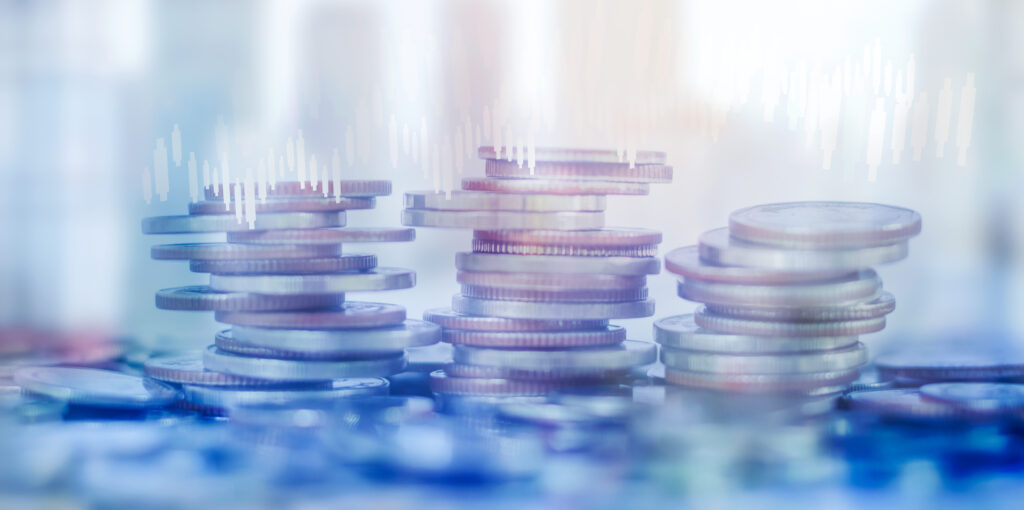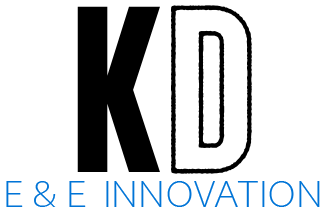Experimental Social Economics Lab (ESE Lab)
Experimental Social Economics Lab (ESE Lab)
Experimental Economics uses laboratory and field experiments to study human needs and decision-making in economic settings. The goal of experimental economics is to understand the need phenomenon of households, and society as a whole, and to test economic theories and hypotheses of social parameters and states of exchange.

Experimental economics involves a variety of settings, including laboratory experiments, field experiments, and natural experiments. In laboratory experiments, participants are typically recruited to take part in controlled, artificial economic environments. Field experiments are conducted in real-world settings, such as consumption houses, and production firms, and derived states of social exchange. Economic labs involve manipulating variables in controlled environments to infer realistic effects on social economic processes. This allows for more precise testing of economic theories and hypotheses and a better understanding of the causal relationships between social variables and inter transformations.
Experimental economics is interdisciplinary, drawing on techniques and methods from economics, technology, people’s participation at all levels of social processes, and state and other related fields’ geo-historic configurations. It has been used to study a wide range of topics, including consumer need-complex, demands, and social acceleration, utility state, market momentum, technological forces deriving into social development, and beyond.
The findings of experimental economics would definitely contribute to the corrections in economic theories and would reform public policy decisions in areas such as regulation, taxation, and consumer protection. Experimental economics can work beyond social limitations, and current monetary policies, banking-oriented market spectroscopy, and other state conservative affairs. Economic lab functioning includes the potential for experimental artifacts, the generalizability of results to setting the houses of production and consumption, and social needful-ethical considerations in the design to conduct experiments.

Experimental Economy (ESE) Lab Project
Project
WD-Laboratory
(Work Democracy)
Time Variant Need Complex
Participation Phases
Technology @ Work
Project
ND&UM Exchange Lab
(Need Demand & Utility Market)
Experimental Microeconomic Exchange
Phenomenon of
Commodity-Need Survey
